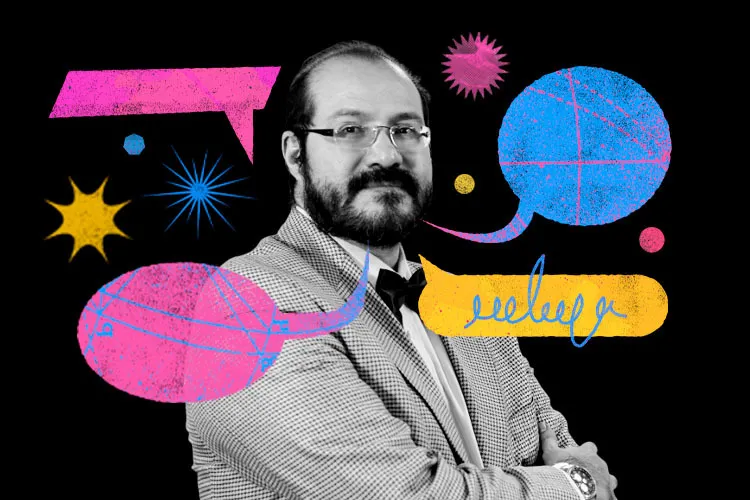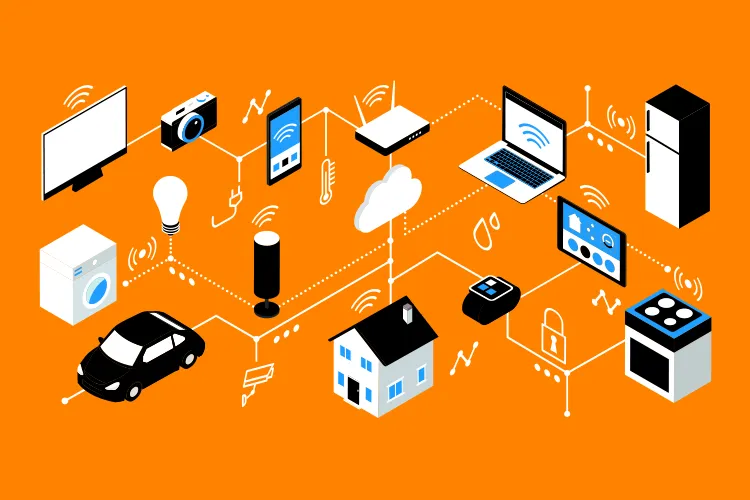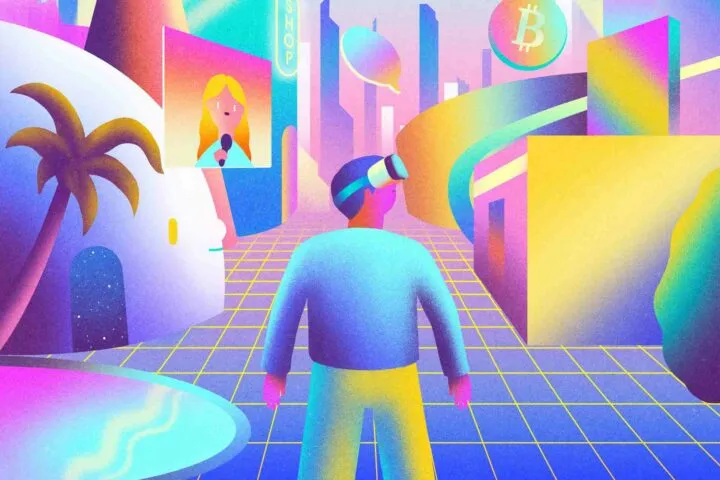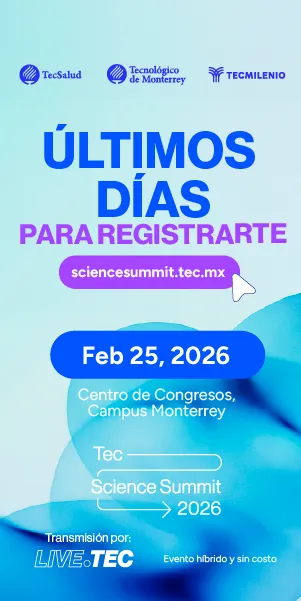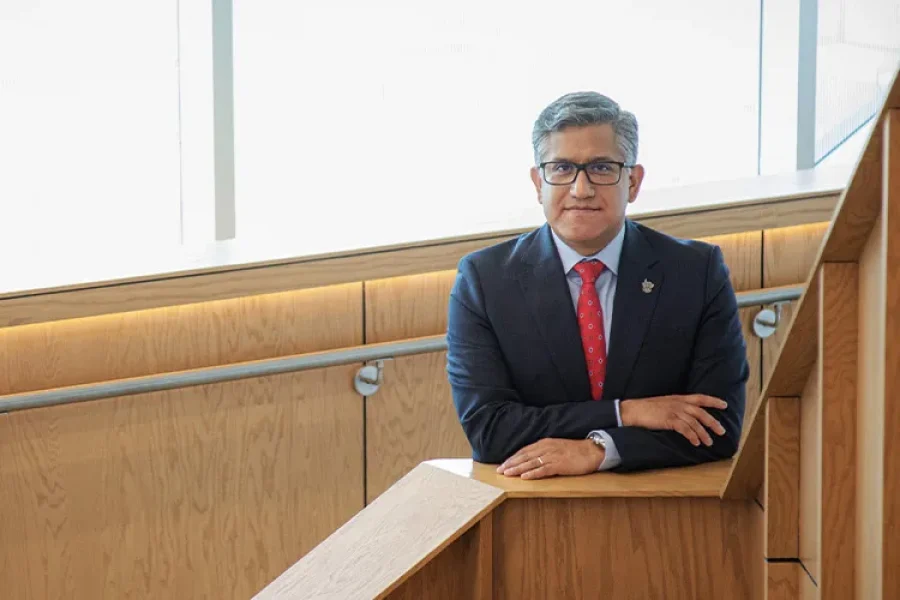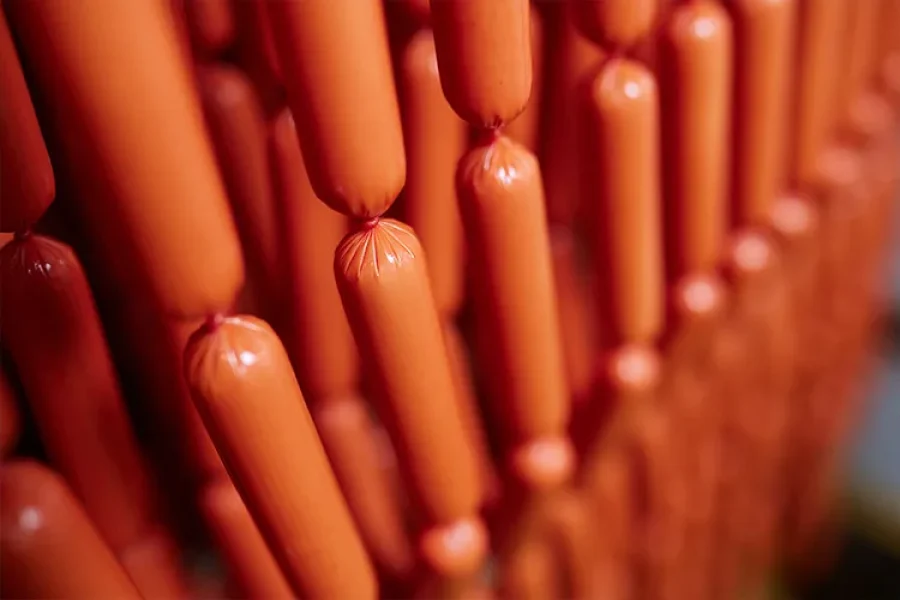By Pedro Ponce
Imagine a teacher who wants to integrate digital educational tools into their classes to make them more engaging and efficient. So, they learn how to use platforms like Google Classroom and Kahoot, but just as they begin to master them, new teaching methods take overlike personalized AI, avatars explaining topics, and immersive learning environments.
Today, we are witnessing an unprecedented technological evolution, with radical changes that transform our reality in very short periods, so much so that it’s difficult to keep up with all the existing innovations. At the same time, we barely understand one technology when another one emerges.
The creation of technology reflects human ingenuity and creativity—a constant engine of ideas that drives our development as a society. Throughout our history, each technological breakthrough has marked a turning point in how we live, work, and relate to one another.
However, this dizzying pace also brings great responsibilities. It’s not enough to develop or use technology; we must ask who is using it, for what purpose, and with what consequences. The creation of knowledge and technological innovation happens in environments that foster creativity, but they also require building stronger connections between idea generation, intellectual property protection, and the creation of products or services for the market.
Moreover, there is a direct relationship between those who design technology and those who use it. For this reason, it’s essential to take an active role in this ecosystem—not only as creators or consumers, but also as participants in decision-making and in shaping regulations that will define the future of work and the impact of technology on our society. We must take on a role of technological responsibility.
One of the most significant challenges within this ecosystem of creativity and innovation is the proper protection of intellectual property. With the rise of artificial intelligence, complex questions arise: Can an AI be considered a co-author of an invention? How can creators’ rights be balanced with the widespread use of these tools? Is it part of the creative process and accelerated technological development? These issues affect not only large corporations but also startups and entrepreneurs who are building a constantly evolving knowledge-based economy.
We are in a moment where anyone with access to the right tools and the necessary knowledge can innovate, create, protect their innovation, and transform today’s technological reality. This means that we must not only adapt to changes but actively engage in them. Creativity, ideas, inventions, and technology are not isolated elements—they are key pieces in the evolution of a knowledge-based economy, where technological developments are built around the needs of our society.
If we want sustainable and equitable development, now is the right time to stop viewing technology as something external and start embracing our role within this process. It’s not just about reaping the benefits but understanding and collectively shaping the impact it has on our lives and on the world. At the end of the day, technology is not just a set of tools disconnected from our needs; it is a reflection of human development and the path we choose for the future of our society.
This future, shaped by technological advances, is transforming the factors that define the knowledge-based economy. Such an economy solidifies the creation of jobs and the generation of goods and services that constantly evolve to better meet society’s demands. In this context, our role is changing and will become increasingly active. This transition will be more effective in environments that foster innovation and creativity, so that we can strengthen our ability to generate knowledge—an essential and dynamic element that allows us to meet society’s needs.
Pedro Ponce Cruz, Research Professor at the Institute of Advanced Materials for Sustainable Manufacturing, at Tec de Monterrey. His research areas include industrial systems automation, electric machines, electric drives, power electronics, conventional and digital linear control, expert systems, neural networks, and evolutionary systems. He is a Level 2 member of the National System of Researchers. He has published over 200 scientific articles, 15 books, and has filed 23 national patents.
